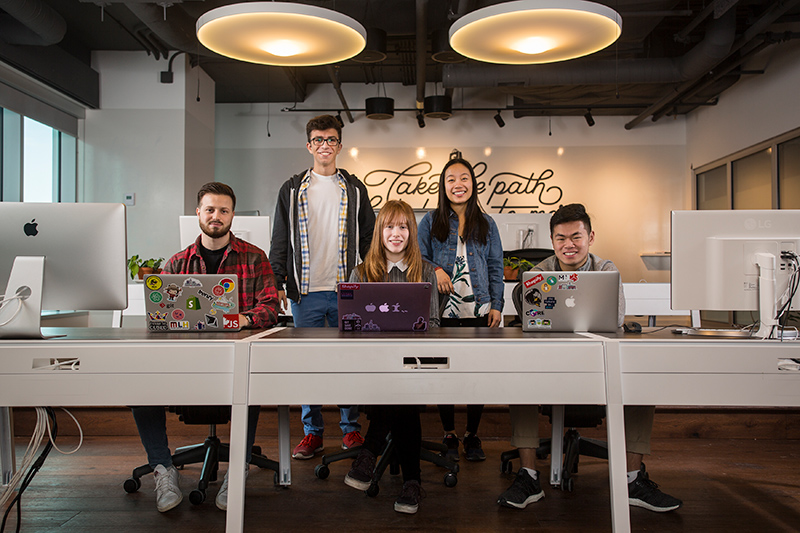On the Power of (Experiential) Education
I’ve been at University in one role or another for 27 years now, more than half my life. The University with a capital U has given me resilience and purpose. It’s given me everything. Much more than I can give back, and I am grateful.
Every year, more than 5,000 students receive Carleton degrees at Convocation, on their way to self-determined, meaningful lives. Over time, Carleton has granted well over 150,000 degrees, and our alumni are successful all over the world.
Education (seen as “training”) will get you a job, but tackled in the right spirit by both the teacher and the learner, it will do infinitely more.
The philosopher and educator John Dewey put it best: “Education must be conceived as a continuing reconstruction of experience; that the process and the goal of education are one and the same thing.”
He wanted to emphasize that absorbing “a diet of predigested materials” was not much of an education. This is especially true in an age where all the predigested material you could think of is readily available on the Internet.
Education is continuous, dynamic and lifelong. “The process and the goal” is this incredible ability to generate and constantly refine our thoughts and ideas based on experience.
This is not as simple as it sounds and Dewey knew that “we do not learn from experience… we learn from reflecting on experience.”
Both absorbing predigested material and experience without reflection are educational dead ends. This is why a pedagogical emphasis on experiential learning is so important to Carleton and to the modern University.
Sure, an experiential approach will help our students to secure entry-level jobs and to perform them well. This is a good thing.
Much more importantly, it will foster the superpower to learn, throughout life, by reflecting on experience; to generate first-hand thoughts and to critically appraise and refine them, rather than be condemned to parrot second-hand thoughts prepackaged by others.
In doing so it will, as Dewey fully realized, help to foster a thoughtful, caring, and justly-minded citizenry and to sustain democratic values.
Freedom of the mind and democracy are intrinsically linked, and both depend on the incredible power of (experiential) education.
